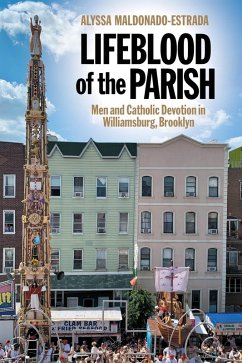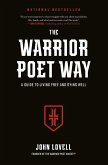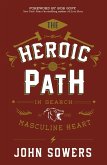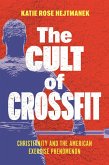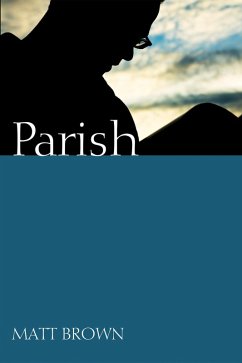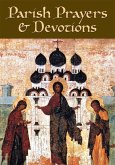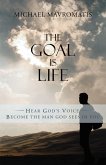A New York City ethnography that explores men's unique approaches to Catholic devotion
Every Saturday, and sometimes on weekday evenings, a group of men in old clothes can be found in the basement of the Shrine Church of Our Lady of Mount Carmel in Williamsburg, Brooklyn. Each year the parish hosts the Feast of Our Lady of Mount Carmel and San Paolino di Nola. Its crowning event is the Dance of the Giglio, where the men lift a seventy-foot tall, four-ton tower through the streets, bearing its weight on their shoulders.
Drawing on six years of research, Alyssa Maldonado-Estrada reveals the making of this Italian American tower, as the men work year-round to prepare for the Feast. She argues that by paying attention to this behind-the-scenes activity, largely overlooked devotional practices shed new light on how men embody and enact their religiosity in sometimes unexpected ways.
Lifeblood of the Parish evocatively and accessibly presents the sensory and material world of Catholicism in Brooklyn, where religion is raucous and playful. Maldonado-Estrada here offers a new lens through which to understand men's religious practice, showing how men and boys become socialized into their tradition and express devotion through unexpected acts like painting, woodworking, fundraising, and sporting tattoos. These practices, though not usually considered religious, are central to the ways the men she studied embodied their Catholic identity and formed bonds to the church.
Every Saturday, and sometimes on weekday evenings, a group of men in old clothes can be found in the basement of the Shrine Church of Our Lady of Mount Carmel in Williamsburg, Brooklyn. Each year the parish hosts the Feast of Our Lady of Mount Carmel and San Paolino di Nola. Its crowning event is the Dance of the Giglio, where the men lift a seventy-foot tall, four-ton tower through the streets, bearing its weight on their shoulders.
Drawing on six years of research, Alyssa Maldonado-Estrada reveals the making of this Italian American tower, as the men work year-round to prepare for the Feast. She argues that by paying attention to this behind-the-scenes activity, largely overlooked devotional practices shed new light on how men embody and enact their religiosity in sometimes unexpected ways.
Lifeblood of the Parish evocatively and accessibly presents the sensory and material world of Catholicism in Brooklyn, where religion is raucous and playful. Maldonado-Estrada here offers a new lens through which to understand men's religious practice, showing how men and boys become socialized into their tradition and express devotion through unexpected acts like painting, woodworking, fundraising, and sporting tattoos. These practices, though not usually considered religious, are central to the ways the men she studied embodied their Catholic identity and formed bonds to the church.
Dieser Download kann aus rechtlichen Gründen nur mit Rechnungsadresse in A, D ausgeliefert werden.

